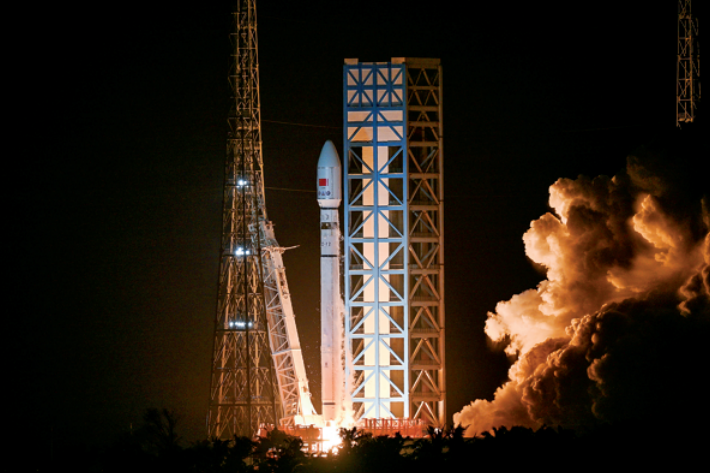'De-dollarization' in emerging markets picks up
By Sun Chi | chinadaily.com.cn | Updated: 2023-04-14 17:47

The trend of "de-dollarization" in emerging markets is showing signs of an upsurge and convergence, Securities Times reported on Friday quoting Zhang Rui, a member of the Chinese Association of Market Development.
Zhang said China and Brazil have agreed to no longer use the US dollar as an intermediate currency, but to directly conduct trade and financial transactions in their own currencies. Meantime, the Indian Ministry of External Affairs issued a statement stating that India and Malaysia have agreed to use the Indian rupee for trade settlement. Furthermore, reducing dependence on the US dollar in financial transactions and shifting toward local currency settlement has become the primary topic of discussion at the formal meeting of finance ministers and central bank governors of the 10 ASEAN countries.
Zhang said the deal with Brazil follows China's agreements with more than 20 countries, including Russia, the United Arab Emirates and Iraq, to settle some goods in local currencies. At the same time, many trades between Russia and Türkiye, Türkiye and Iran, India and Russia, Indonesia and Malaysia are conducted in non-dollar currencies.
Zhang added that while doing their best to get rid of the shackles of the dollar in the trade, emerging market countries are also choosing to dilute their allocation and dependence on the dollar and its financial products in their foreign exchange reserves. According to the data, China's holdings of US government bond dropped to $859.4 billion, the lowest level in 14 years. Russia, meanwhile, holds just $67 million in US government bond, down 2,600 percent from a decade ago, while Saudi Arabia's holdings have fallen from $184.4 billion a decade ago to $111 billion, a net sell-off rate of 40 percent. In addition, countries such as India and Brazil are simultaneously reducing their holdings of US government bond.
Zhang said self-built trade transaction mechanism has become a common institutional arrangement for emerging market countries. For example, Russia has built its own payment system SPFS, which has 469 institutions, including 115 foreign entities in 14 countries. Similarly, China has also created its own trade settlement tool CIPS, which has attracted 1,427 institutions, covering 109 countries and regions around the world. More generally, BRICS countries are preparing to create their own unified payment system, BRICSPay, which is expected to be discussed further at the BRICS Summit in South Africa in August.
Zhang said compared with developed economies, emerging market countries are more active to "de-dollar". The main reason is that emerging market countries have suffered more from the dollar, and it is more urgent to get rid of the shackles of the dollar.
























